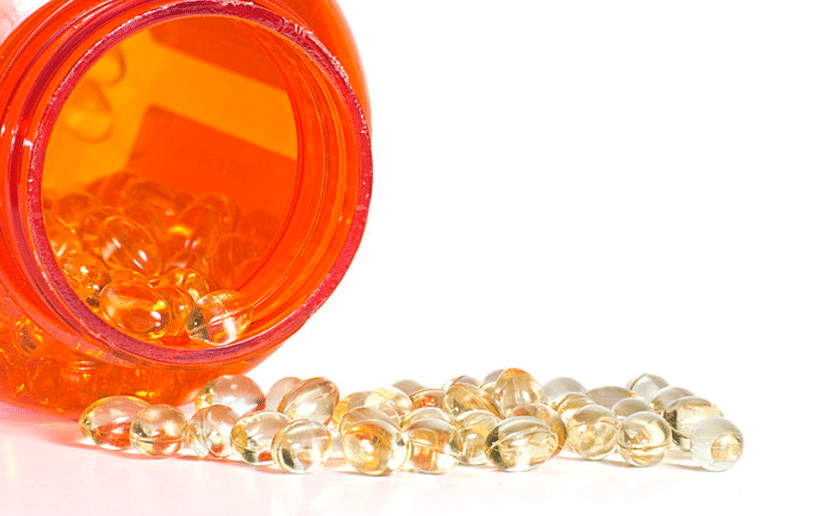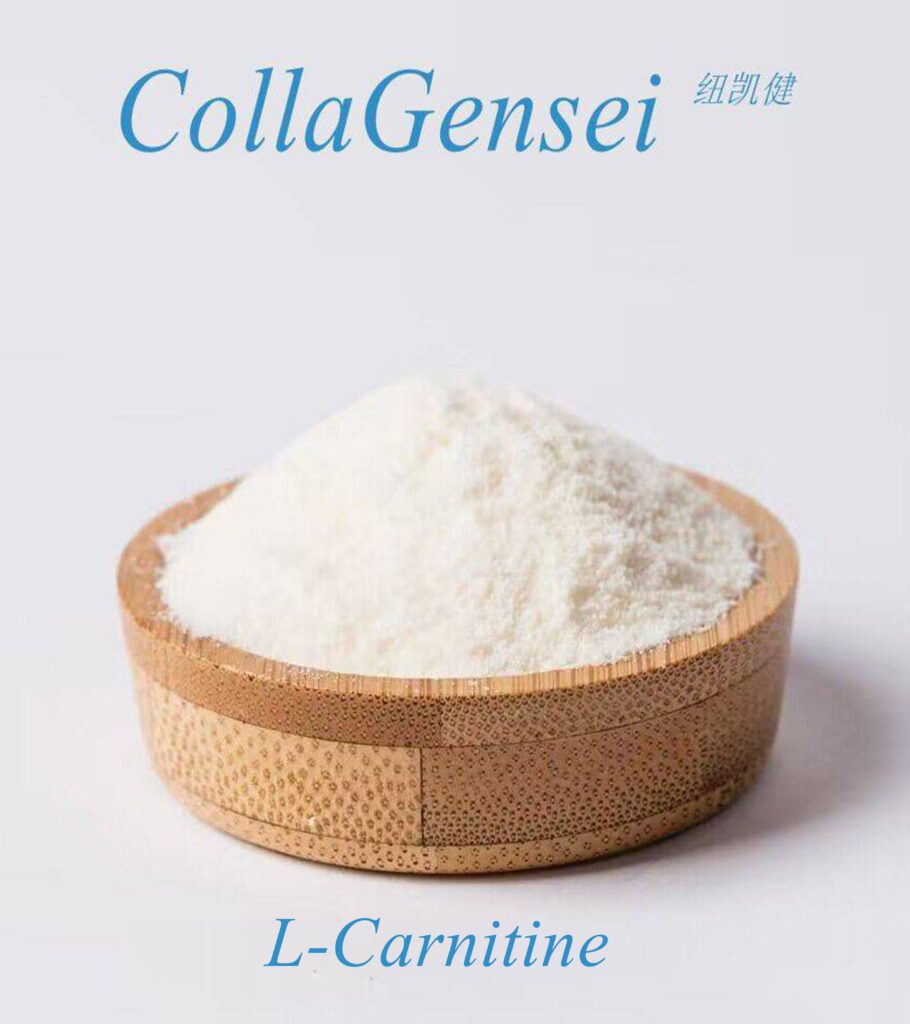What is Vitamin D ?
What is Vitamin K2 ?
Vitamin D and Vitamin K2 are both fat-soluble vitamins that play crucial roles in maintaining health, particularly for bone health, cardiovascular health, and overall well-being. However, while they share some similarities, their specific functions in the body are distinct. Here’s a breakdown of each vitamin and how they compare.
Vitamin D
Vitamin D is a fat-soluble vitamin that is critical for calcium absorption and bone health. It can be obtained through sunlight exposure, certain foods, and supplements. The two main forms of Vitamin D are D2 (ergocalciferol) and D3 (cholecalciferol), with Vitamin D3 being the form that is more effective in raising blood levels of vitamin D.
Primary Benefits of Vitamin D:
- Bone Health: Vitamin D is essential for the absorption of calcium from the digestive tract, which is crucial for maintaining strong and healthy bones.
- Immune System Support: It helps modulate the immune system, supporting immune defense against infections.
- Mood and Mental Health: There is evidence suggesting that Vitamin D plays a role in regulating mood and may help prevent depression, particularly in those with low levels of the vitamin.
- Cardiovascular Health: Vitamin D has a role in heart health, and deficiencies have been linked to an increased risk of hypertension and heart disease.
- Muscle Function: It helps maintain muscle strength and function, reducing the risk of falls in older adults.
Sources of Vitamin D:
- Sunlight (the body produces Vitamin D when the skin is exposed to sunlight).
- Food sources include fatty fish (salmon, mackerel), fortified dairy products, and egg yolks.
- Supplements can provide a reliable way to ensure adequate intake, particularly for those who live in areas with limited sunlight.
Deficiency Symptoms:
- Bone pain, muscle weakness, fatigue, depression, and an increased risk of fractures.
Vitamin K2
Vitamin K2 is a form of Vitamin K, a fat-soluble vitamin that plays a key role in blood clotting and bone metabolism. Vitamin K comes in two main forms:
- Vitamin K1 (phylloquinone): Primarily found in green leafy vegetables and responsible for blood clotting.
- Vitamin K2 (menaquinone): Found in animal products (such as meat, liver, and egg yolks) and fermented foods (like natto). Vitamin K2 is especially important for bone and cardiovascular health.
Primary Benefits of Vitamin K2:
- Bone Health: Vitamin K2 is essential for activating osteocalcin, a protein that helps bind calcium to the bone matrix, ensuring that calcium is properly utilized in bones rather than being deposited in soft tissues.
- Cardiovascular Health: K2 helps activate matrix Gla-protein (MGP), which inhibits the calcification of blood vessels, reducing the risk of artery hardening (arteriosclerosis). This function is important for heart health and preventing cardiovascular disease.
- Dental Health: Vitamin K2 contributes to the mineralization of teeth, making it beneficial for oral health.
- Cell Growth Regulation: Some studies suggest that Vitamin K2 may play a role in regulating cell growth and preventing the proliferation of cancer cells.
Sources of Vitamin K2:
- Fermented foods like natto (fermented soybeans), miso, and sauerkraut.
- Animal products such as liver, eggs, and cheese.
- Supplements are also available, especially for those who have limited access to these food sources.
Deficiency Symptoms:
- Increased risk of bone fractures, osteoporosis, and arterial calcification.
How Vitamin D and K2 Work Together
While Vitamin D and K2 serve distinct roles in the body, they are complementary when it comes to bone and cardiovascular health:
- Bone Health:
- Vitamin D is responsible for increasing the absorption of calcium in the gut.
- Vitamin K2 ensures that calcium is properly deposited in the bones and teeth rather than accumulating in the arteries and soft tissues.
Without Vitamin K2, calcium might not be properly directed to the bones, potentially leading to calcification of soft tissues (like arteries) instead of strengthening bones.
- Cardiovascular Health:
- Vitamin D plays a role in calcium metabolism and overall cardiovascular function.
- Vitamin K2 helps to prevent calcium buildup in the arteries, which could otherwise lead to arteriosclerosis (hardening of the arteries) and increase the risk of cardiovascular disease.
- Synergy between Vitamin D and K2:
When taken together, Vitamin D promotes the absorption of calcium, and Vitamin K2 ensures that calcium is correctly utilized and does not accumulate in inappropriate places (such as the arteries). This synergy helps protect against both bone loss and cardiovascular issues.
Key Differences Between Vitamin D and Vitamin K2:
| Feature | Vitamin D | Vitamin K2 |
|---|---|---|
| Primary Function | Enhances calcium absorption and bone health, supports the immune system. | Activates proteins that direct calcium to bones and teeth, reduces arterial calcification. |
| Main Benefits | Bone health, immune support, mood regulation, cardiovascular health. | Bone health, cardiovascular health, preventing arterial calcification. |
| Sources | Sunlight, fatty fish, fortified foods, egg yolks. | Fermented foods (natto), organ meats, egg yolks, dairy products. |
| Deficiency Symptoms | Bone pain, muscle weakness, fatigue, depression, osteoporosis. | Osteoporosis, bone fractures, arterial calcification, cardiovascular issues. |
| Synergy | Works best when paired with Vitamin K2 for optimal calcium utilization. | Works in tandem with Vitamin D to ensure proper calcium management in the body. |
Which One Should You Take?
- Vitamin D is essential for general health, particularly for individuals who don’t get enough sun exposure, live in northern climates, or are at risk for osteoporosis. It is also vital for those looking to support their immune system, improve mood, or reduce the risk of heart disease.
- Vitamin K2 is particularly beneficial for individuals concerned with bone health, arterial health, or those who want to ensure proper calcium utilization. It is also important for people taking high doses of Vitamin D to help prevent calcium buildup in soft tissues.
In many cases, Vitamin D and K2 supplements are often recommended together, especially for those at risk for bone health issues or heart disease, as they work synergistically to ensure calcium is absorbed and properly utilized in the body.
Conclusion:
Both Vitamin D and Vitamin K2 are essential nutrients that support different aspects of health, with a primary focus on bone and cardiovascular health. Vitamin D is crucial for calcium absorption, while Vitamin K2 ensures that calcium is properly utilized in bones and teeth, preventing harmful calcification in soft tissues. Together, they promote optimal health and work in synergy to strengthen bones, protect arteries, and support overall well-being.
If you’re considering supplementation, it’s best to consult with a healthcare provider, especially if you’re taking Vitamin D in high doses or have concerns about bone or cardiovascular health.




